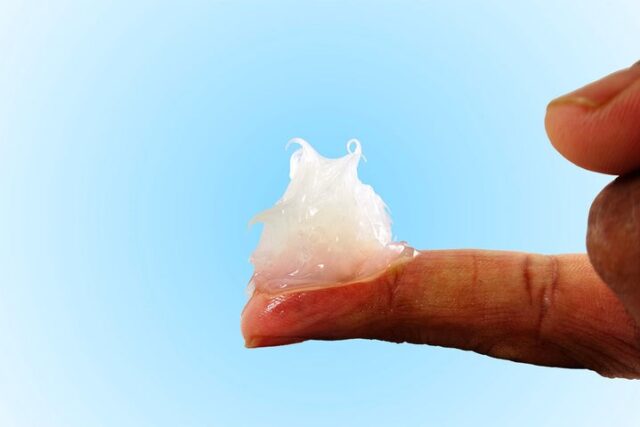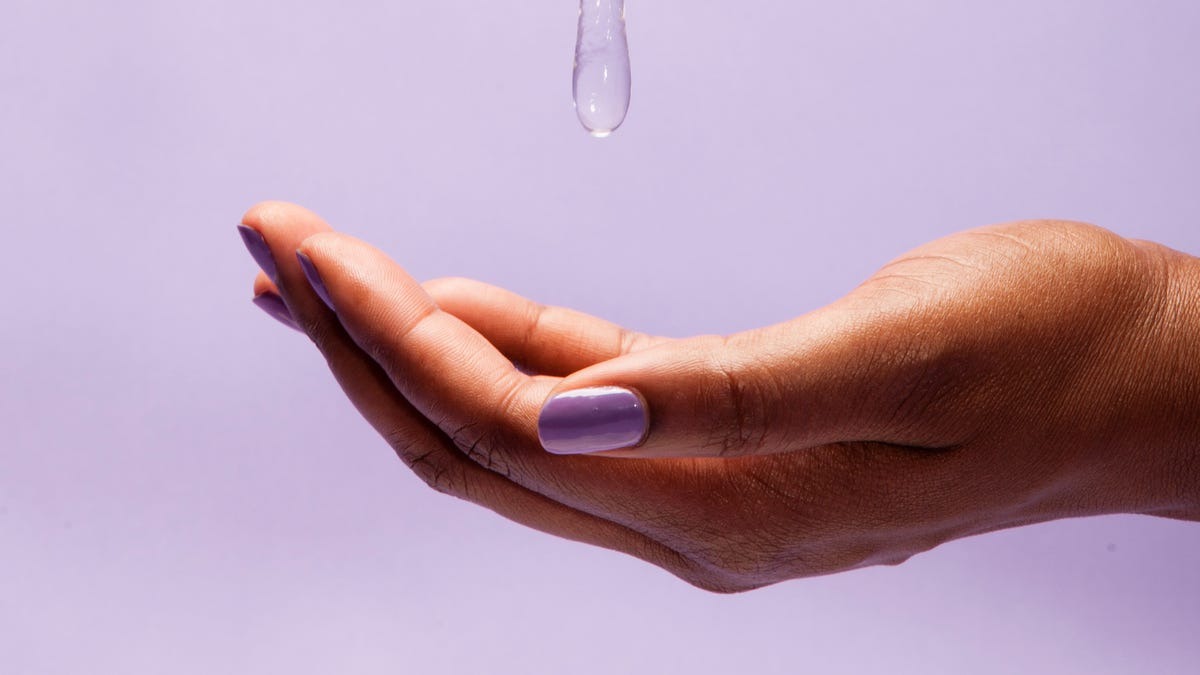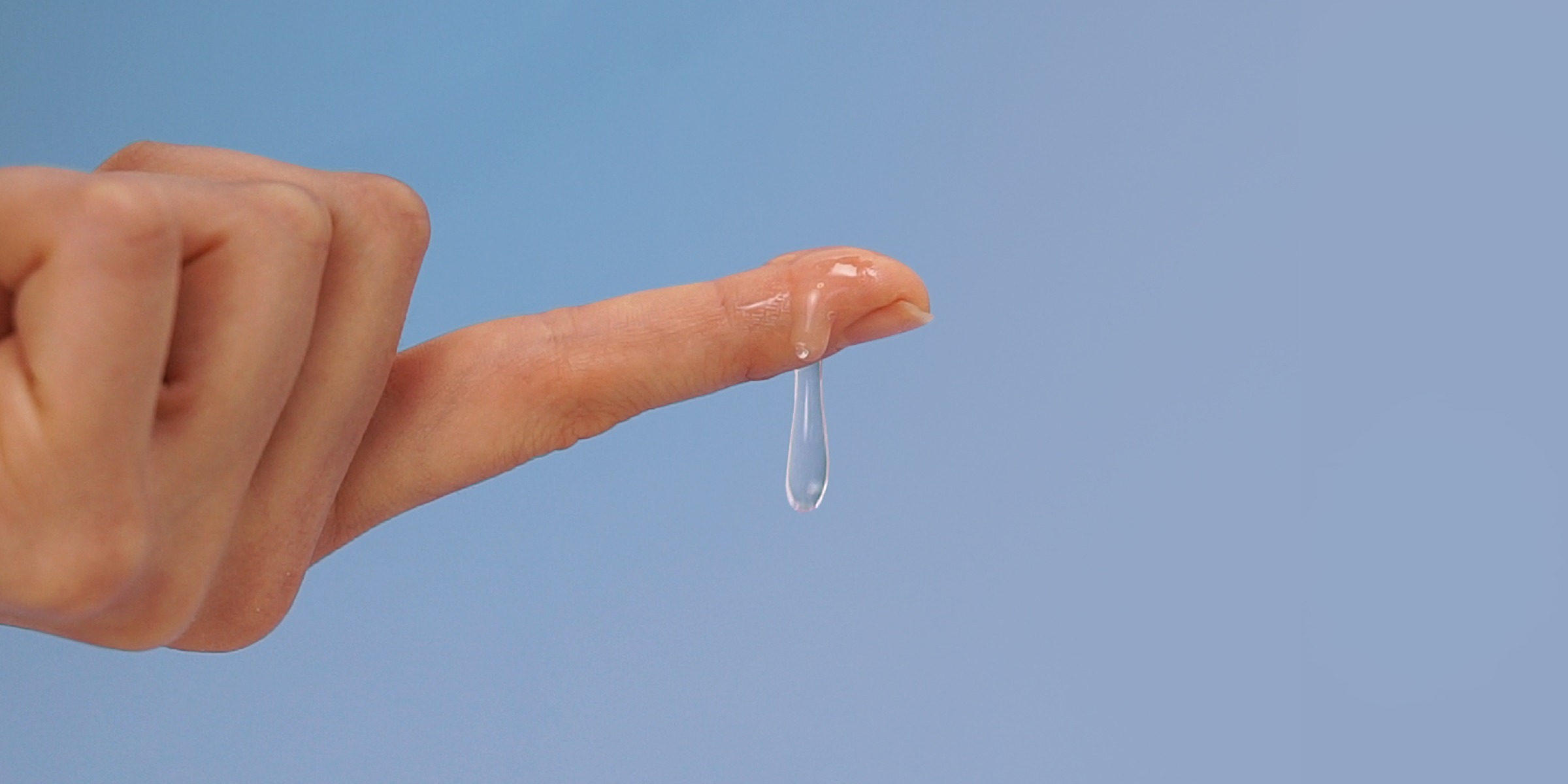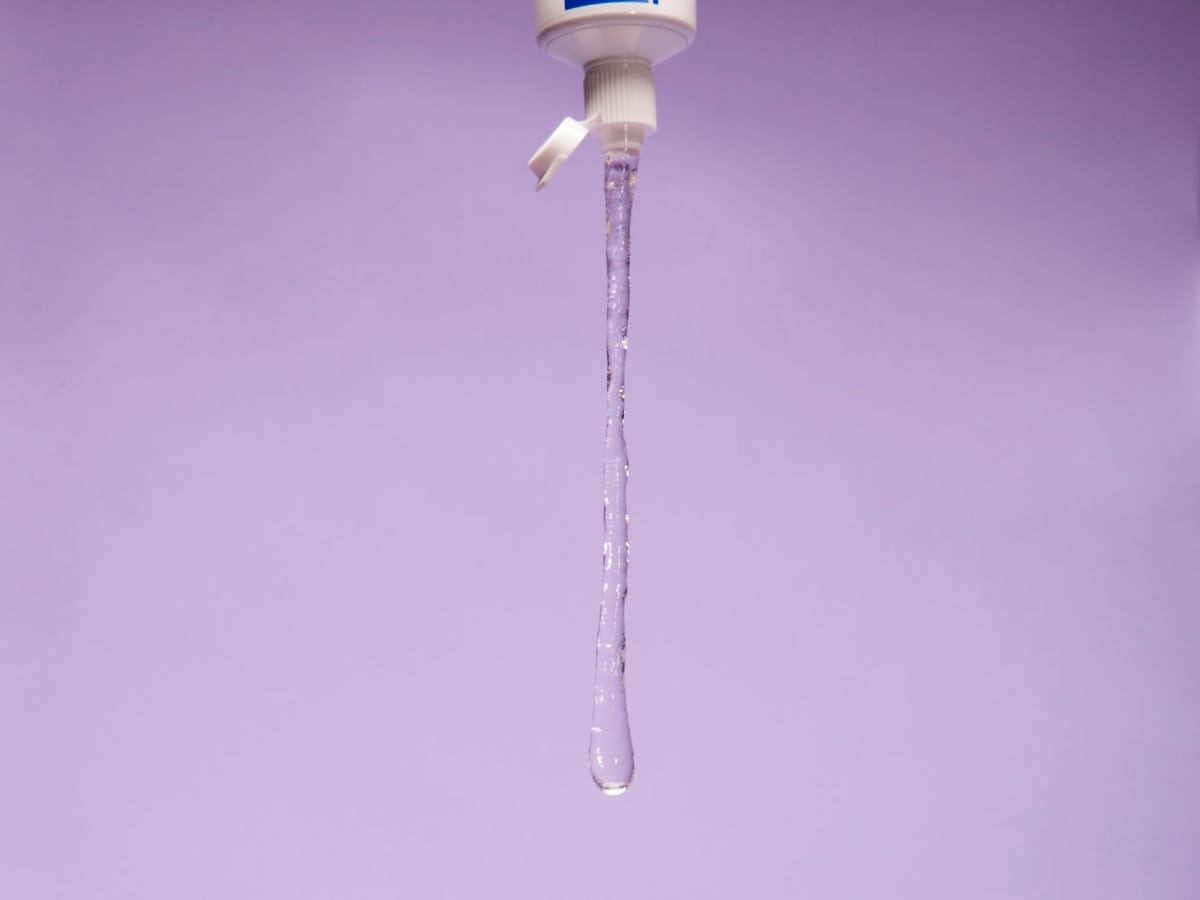
Not all lubes are created equal. And if you’ve ever reached for a random bottle only to feel let down—too sticky, too dry, not quite right—you already know how true that is.
A good lube doesn’t just reduce friction; it supports pleasure, intimacy, and comfort in real, tangible ways.
It’s not about adding something artificial—it’s about choosing something that helps your body and mood work together, effortlessly.
So how do you find the right one? If you’re unsure where to begin, a trusted retailer like shoperotic.com offers a thoughtful collection designed for real needs—not just flashy labels.
Let’s look beyond the aisle labels and marketing buzzwords and get to what really matters when choosing the right lubricant.
Key Highlights
- Personal lubricants vary by base (water, silicone, oil), each with unique pros and cons
- pH balance and ingredient transparency are essential for vaginal health
- Different activities (solo, partnered, toy use, anal) may require different formulas
- Texture, longevity, and feel matter more than most realize
- ShopErotic offers a curated selection of quality lubes for every preference
- The best lube fits your body, mood, and experience—not someone else’s review
The Role of Lube: It’s More Than Just Moisture

At its core, a good lube enhances what your body already does naturally. It softens friction, increases sensitivity, and lets you focus on sensation—not discomfort.
For many women, especially during hormonal shifts (menopause, postpartum, stress), natural lubrication fluctuates.
And even when everything’s working perfectly, adding lube often just feels better.
Lube isn’t about “fixing” something—it’s about amplifying connection. It makes first touches smoother, long sessions easier, and solo time silkier.
And when it comes to kink, toys, or anal play, lube isn’t optional—it’s foundational.
Ingredients Matter: Read the Label Like It’s Skincare
It’s not enough to know whether a lube is water- or silicone-based. You need to know what else is in there. A good formula should be body-safe, non-irritating, and pH friendly. This means:
- Avoiding glycerin if you’re prone to yeast infections—it can feed the bacteria you don’t want
- Saying no to parabens, which can be hormone-disrupting
- Skipping strong fragrances or dyes, which often cause irritation
If the ingredient list looks like a chemistry exam, pause. Your body deserves clarity. Think of it like skincare: the more natural, gentle, and clean the ingredient list, the better your skin—and in this case, your vulva—will thank you.
Types of Lube and When to Use Each

This is where it gets a little personal. Your choice will depend on what kind of intimacy you’re having—and what your body prefers.
Water-Based Lube
This is the most versatile option. It’s compatible with all toys and condoms and washes off easily with water.
Best for:
- Everyday use
- Toy play
- Partnered sex
- Easy cleanup
Watch out for:
- May eed reapplying over time
- Some cheaper options dry sticky
Silicone-Based Lube
This lasts much longer than water-based lubes and doesn’t evaporate easily. It’s slick, velvety, and stays put even in water.
Best for:
- Shower sex
- Longer sessions
- Anal play
Avoid if:
- You’re using silicone toys—it can degrade their surface
Oil-Based Lube

Natural and rich, oil-based lubes can feel luxurious. But they’re not compatible with latex condoms and are harder to wash off.
Best for:
- Massage + sex
- Solo time without condoms
- Moisture retention
Caution:
- Not safe with latex
- Can clog pores and throw off vaginal pH
Common Questions Women Have—but Don’t Always Ask
It’s easy to feel like you should know this stuff already. But let’s normalize curiosity. Here are answers to a few lube-related questions people often wonder silently:
- Can lube cause yeast infections?
Only if it contains sugars like glycerin or harsh chemicals. Stick to unscented, glycerin-free options if you’re sensitive. - Does lube expire?
Yes. Most have a shelf life of 1–3 years. Check the date—and always store away from heat and light. - Can I use coconut oil as lube?
You can, but with caution. It’s not condom-safe and can alter vaginal flora. Better for outer play than internal. - Is more expensive always better?
Not necessarily. A higher price might reflect better packaging or niche branding, but the real test is ingredient quality and how it works for your body.
Matching Lube to the Moment

Think of lube as part of your intimacy toolkit. Just like you wouldn’t wear the same shoes to a wedding and a hike, you don’t need one lube for everything. Here’s a quick guide:
| Scenario | Lube Type | Why It Works |
| Solo play with toys | Water-based | Gentle, toy-safe, easy to clean |
| Shower or bath play | Silicone-based | Won’t wash away, stays slick underwater |
| Anal intimacy | Silicone-based | Long-lasting, reduces friction significantly |
| With latex condoms | Water- or silicone- | Both safe—avoid oils |
| During massage | Oil-based | Rich texture, absorbs slowly |
| Sensitive skin | pH-balanced, natural | Gentle ingredients, no irritants |
Choosing a Lube Is Personal—and That’s the Point
There’s no “best lube” for everyone—only the best one for you, right now. And like any product tied to pleasure and wellbeing, your preferences might evolve.
That’s not a sign you’re doing something wrong. It’s a sign you’re paying attention.
Maybe your body craves more hydration after a big life change. Maybe you’re ready to try a new toy or a new kind of touch. Maybe you just want to feel more connected—to your partner or yourself.
Whatever the reason, choosing a good lube is a small decision that can transform the way you experience pleasure. Quietly, powerfully, and with a whole lot more ease.
Final Thought
Intimacy isn’t a one-size-fits-all experience. It shifts, deepens, and reflects where we are in life. Lube might seem like a tiny detail—but the right one makes everything feel smoother, safer, more intuitive. Trust your body.
Read the label. And when in doubt, explore slowly. That alone is a powerful act of self-respect.






